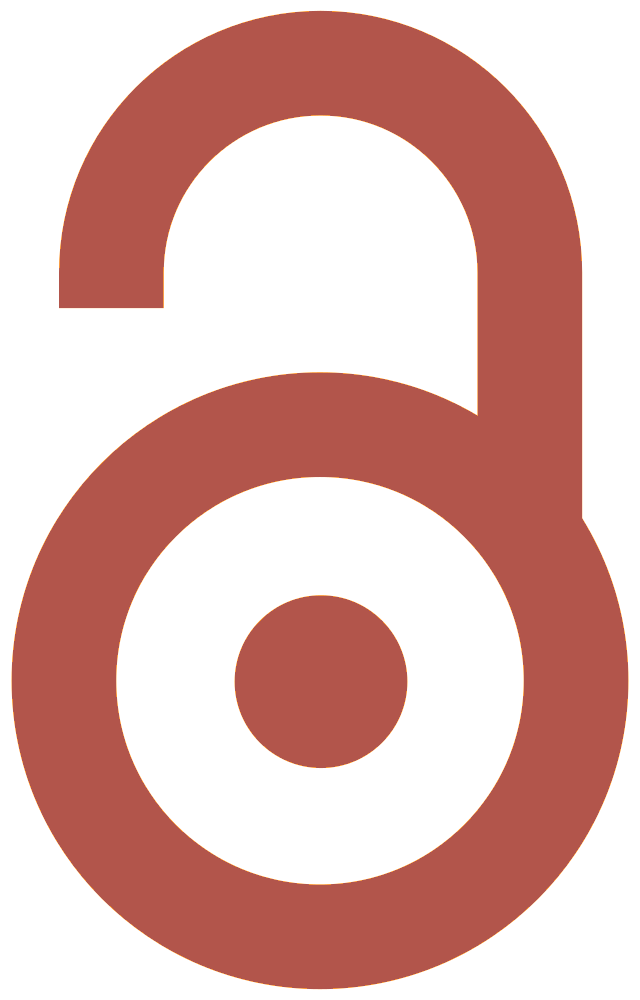| Abstract |
A sense of kuleana (personal responsibility) in caring for the land and sea. An appreciation for laulima (many hands cooperating). An understanding of aloha 'āina (love of the land). The University of Hawai'i at Manoa hosted the 2023 Ecological Dissertations in Aquatic Sciences (Eco-DAS) program, which fostered each of these intentions by bringing together a team of early career aquatic ecologists for a week of networking and collaborative, interdisciplinary project development (Fig. 1). The Association for the Sciences of Limnology and Oceanography (ASLO) sponsors Eco-DAS, which is now in its 30th year. The program aims to unite aquatic scientists, develop diverse collaborations, and provide professional development training opportunities with guests from federal agencies, nonprofits, academia, tribal groups, and other workplaces (a previous iteration is summarized in Ghosh et al. 2022). Eco-DAS XV was one of the largest and most nationally diverse cohorts, including 37 early career aquatic scientists, 15 of whom were originally from 9 different countries outside the United States (Fig. 2). As the first cohort to meet in-person since the COVID-19 pandemic, Eco-DAS participants convened from 5 to 11 March 2023 to expand professional networks, create shared projects, and discuss areas of priority for the aquatic sciences. During the weeklong meeting, participants developed 46 proposal ideas, 16 of which will be further developed into projects and peer-reviewed manuscripts. Bridging divides Global and local perspectives Mentorship and collaboration New tools for aquatic monitoring Impacts of environmental stressors Big data management, equity, and access Precise, shared language Although many of these themes are not novel, they reiterate the challenges and opportunities that emerging aquatic scientists face. Importantly, these themes prevail in the global field of aquatic ecology and highlight the need to continue collaboratively exploring the way forward. Participants were highly enthusiastic to continue to develop ideas collaboratively and there is no doubt that novel contributions to science will be made in the coming years as a result of this symposium. However, Eco-DAS XV was more than just science, networking, and proposals; it was a constructive experience and marked the beginning of a big ohana (family). Our cohort was not only a group of like-minded researchers at similar career stages, but also a group that quickly connected with one another on different levels beyond “science and careers.” It was a group of amazing people who will have a brilliant future in aquatic sciences together—because the connections created during the week will last a year (Kelly et al. 2017), decades, or even a lifetime! All of the 2023 Eco-DAS participants extend a sincere mahalo nui loa (thank you very much) to the program coordinator, Dr. Paul Kemp, the University of Hawai'i at Manoa, the 15 invited speakers and mentors, the Association for the Sciences of Limnology and Oceanography, and the National Science Foundation (Award #OCE-1925796) for generously supporting the program. |
| Authors |
Olivia Graham  , Alia Al‐Haj , Eleanor C. Arrington , Alia Al‐Haj , Eleanor C. Arrington  , Emily R. Arsenault , Emily R. Arsenault  , Carolina Cerqueira Barbosa , Carolina Cerqueira Barbosa   , Kadir Biçe , Evie Brahmstedt , S. River D. Bryant , Kadir Biçe , Evie Brahmstedt , S. River D. Bryant  , Xun Cai , Xun Cai  , Stacy Calhoun‐Grosch , Stacy Calhoun‐Grosch  , Joshua Culpepper , Joshua Culpepper  , Katherine R. Dale , Katherine R. Dale  , D. J. Detweiler , Katlin D. Doughty , Kyle A. Emery , D. J. Detweiler , Katlin D. Doughty , Kyle A. Emery  , Kara Gadeken , Kara Gadeken  , Laura Griffiths , Ahmad Hosseini , Laura Griffiths , Ahmad Hosseini  , Catriona Jones , Hadis Miraly , Alexander W. Mott , Catriona Jones , Hadis Miraly , Alexander W. Mott  , Karla Münzner , Igor Ogashawara , Karla Münzner , Igor Ogashawara  , Carly R. Olson , Carly R. Olson  , Joseph S. Rabaey , Joseph S. Rabaey  , Walter A. Rich , Walter A. Rich  , Phoenix Rogers , Phoenix Rogers  , Meredith Evans Seeley , Meredith Evans Seeley  , Lorena Selak , Qipei Shangguan , Lorena Selak , Qipei Shangguan  , Kelsey J. Solomon , Xiaowei Sun , Kelsey J. Solomon , Xiaowei Sun  , Spencer J. Tassone , Spencer J. Tassone  , Audrey Thellman , Audrey Thellman  , Tracey John , Jilian Xiong , Tracey John , Jilian Xiong  , Tianfei Xue , Tianfei Xue 
|
| Journal Info |
Wiley-Blackwell | Limnology and Oceanography Bulletin , vol: 32
, iss: 3
, pages: 119 - 121
|
| Publication Date |
7/3/2023 |
| ISSN |
1539-607X |
Type |
article |
| Open Access |
hybrid

|
| DOI |
https://doi.org/10.1002/lob.10585 |
Keywords |
Ecosystem Impacts (Score: 0.473988)
|